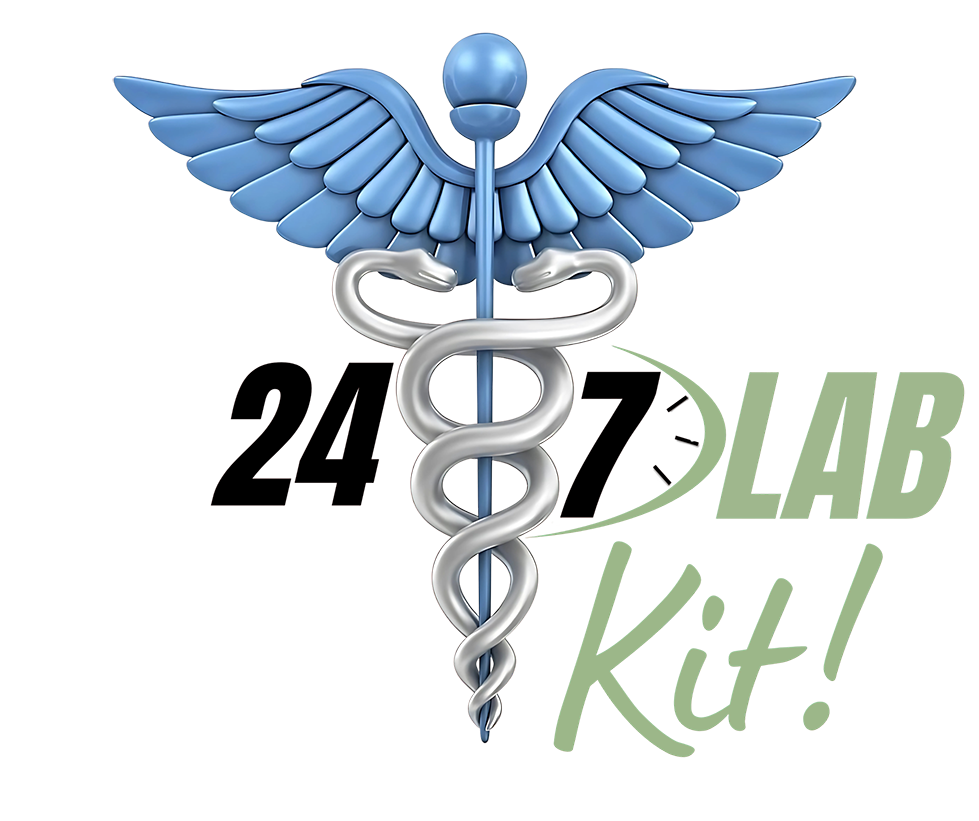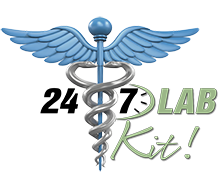Bacterial STDs Here's What You Need to Know Now
If you are sexually active, STDs pose a real risk.
According to the Centers for Disease Control and Prevention, more than 19 million men and women in the United States contract some sexually transmitted disease each year!
STDs can cause uncomfortable and sometimes dangerous symptoms. The good news is that the majority of the most common STDs are bacterial infections. To treat and cure bacterial infections, a doctor or medical health provider will issue antibiotics. As long as you adhere to their recommendations and follow the treatment procedures, the STD should cure. Whether you are concerned about having syphilis or chlamydia, here’s what you should know about treating Bacterial STDs.
Common Bacterial STDs
The following STDs caused by bacterial infections can be targeted and cured with antibiotics:
Chlamydia
Common STD. Easily cured. Can infect both men and women by having vaginal, anal, or oral sex with someone who has chlamydia. Most people with chlamydia have little to no symptoms, making it hard to know they are infected. It’s imperative to take all your medication and refrain from sex until your treatment is complete. Waiting a few days after your treatment could also be in the best interest of you and your partner/s.
Gonorrhea
Common STD. Easily cured. Can infect both men and women by having vaginal, anal, or oral sex with someone who has gonorrhea. Infections can show up in the genitals, rectum, and throat. Most people with gonorrhea have little to no symptoms, making it hard to detect. Gonorrhea has become a bit harder to treat as some strains have become drug-resistant. It’s imperative to take all of the medication and return to your doctor if your symptoms continue after you have finished treatment.
Trichomoniasis
The CDC calls this STD “the most common curable STD” although this STD can infect men and women, it is more common in women than in men. It can spread from penis to vagina, vagina to the penis, and even vagina to vagina. Trichomoniasis symptoms can include itching, burning, discharge. Trichomoniasis can also make having sex feel unpleasant, and if not treated, the infection can last for months or even years. Trichomoniasis comes with a word of caution, as it can increase your risk of getting other STDs.
Syphilis
This STD can cause serious health problems if left untreated. Men and women become infected with syphilis by coming in contact with a syphilis sore during vaginal, anal, or oral sex. Symptoms of syphilis can vary due to the different stages the infection presents itself. Symptoms can sometimes present as sores around the genitals, anus, or mouth, commonly known as the primary stage. During the secondary stage, symptoms may present as rashes, fever, swollen lymph glands, sore throat, headaches, weight loss, muscle aches, fatigue. But like other STDs, one of the most common symptoms of syphilis is no symptom at all.
Antibiotics
Work by attacking the bacteria and eradicating the infection. The best results occur when treatment occurs quickly. Some STDs like syphilis can become very dangerous in later stages and cause irreversible damage to the body’s organs.
As soon as you begin to experience STD symptoms like genital itching, painful urination, sores, and abnormal discharge, you must take an STD test and use your results to seek proper medical attention. Even if you aren’t experiencing STD symptoms, it’s still good practice to have routine STD Testing after every sexual partner or every three to six months.
Shop STD Kits from 247 Labkit:- 247Labkit At-Home Lab Testing Kits




Comments are closed